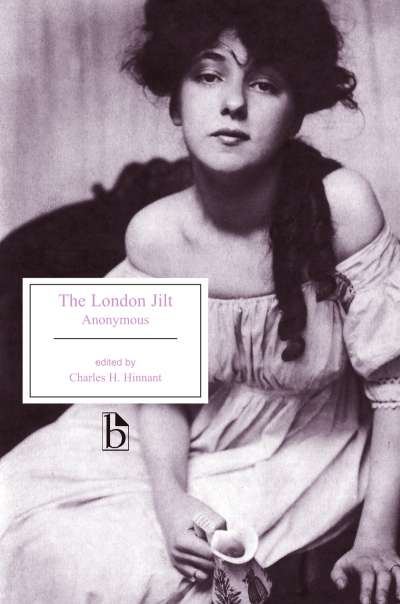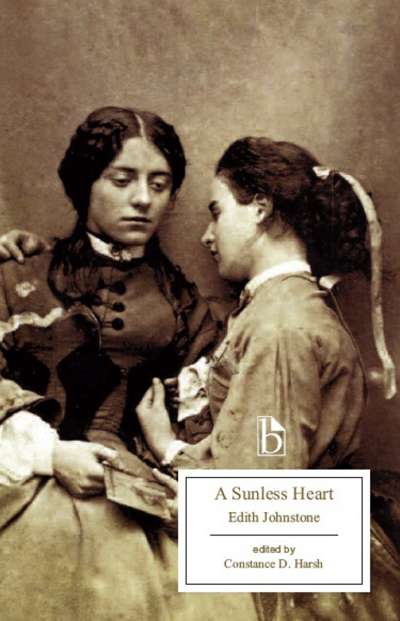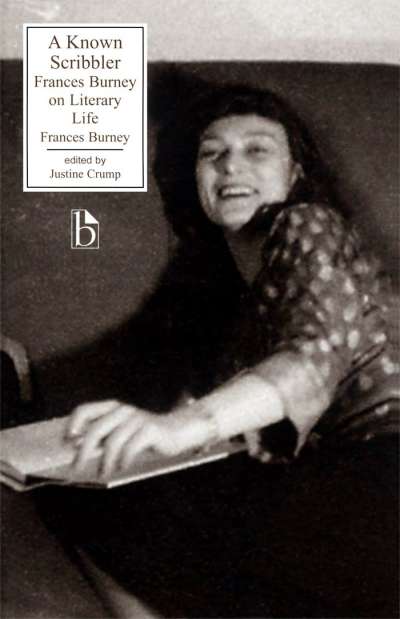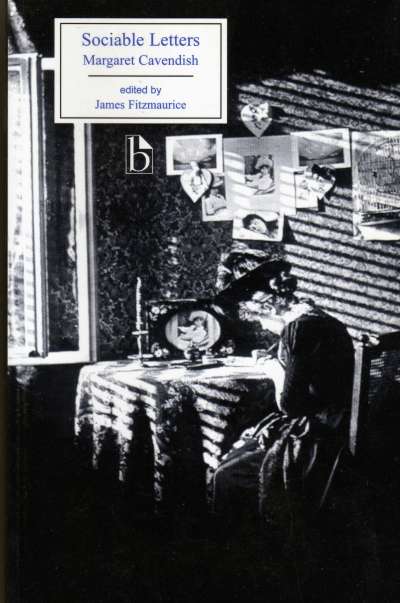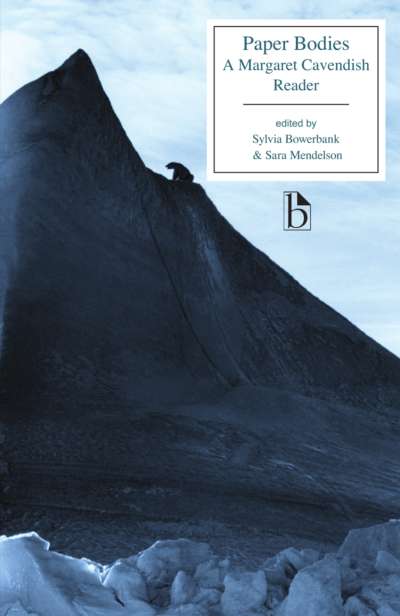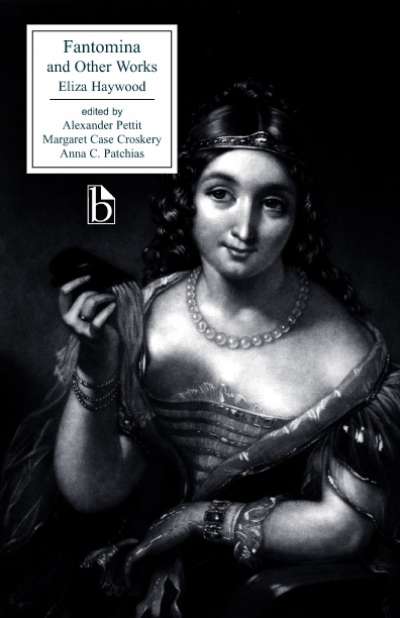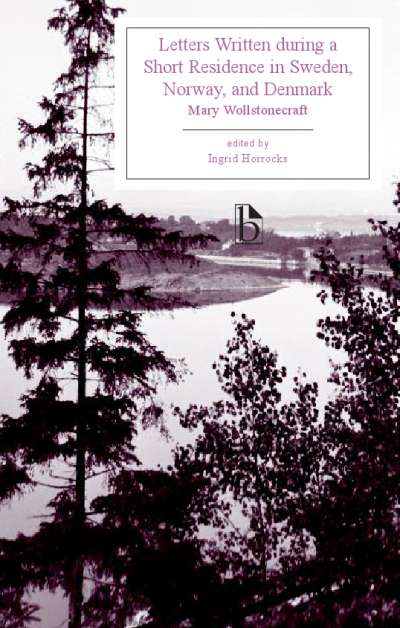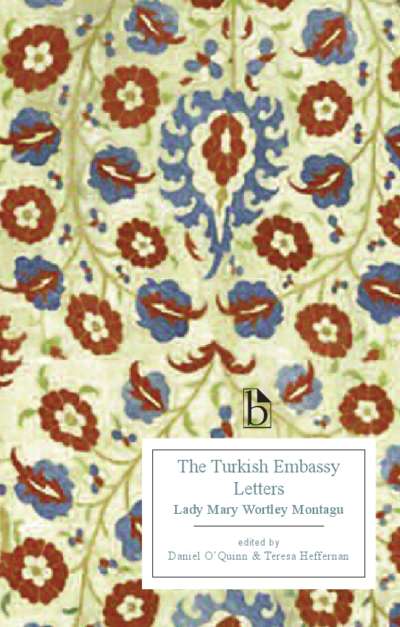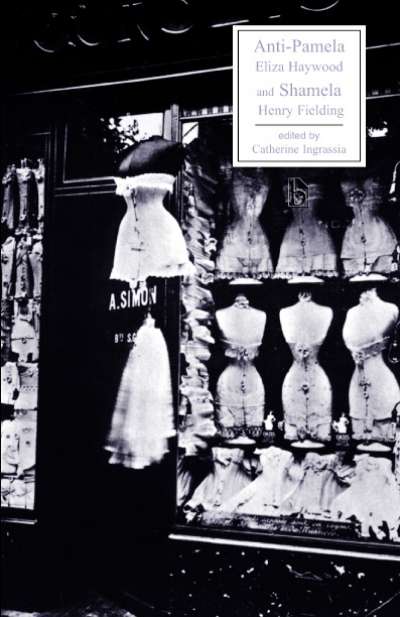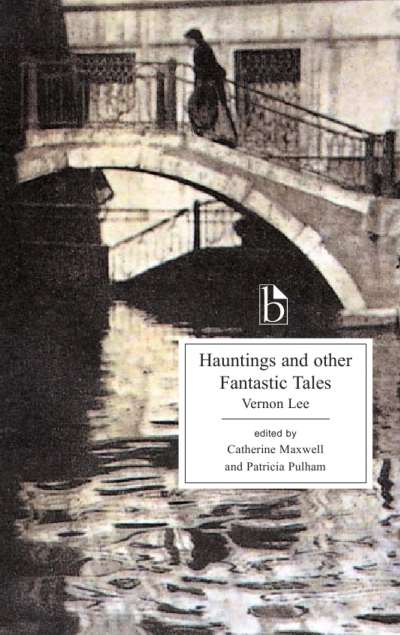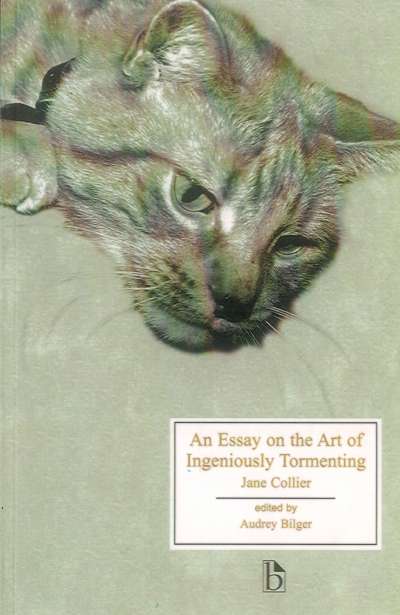This anthology makes available for the first time a selection of narratives by and about prostitutes in the eighteenth century. These memoirs, some written by and some about eighteenth-century prostitutes, offer important insights into female experience and class and gender roles in the period. Portraying the lives of women in both success and hardship, written in voices ranging from repentant to bawdy, the memoirs show the complexity of the lives of the “nightwalkers.” For eighteenth-century readers, as Laura Rosenthal writes in her introduction, these memoirs “offered sensual and sentimental journeys, glimpses into high life and low life, and relentless confrontations with the explosive power of money and the vulnerability of those without it.” Offering a range of narratives from the conservative and reformist to the unabashedly libertine, this book provides a fascinating alternative look into eighteenth-century culture.
Comments
“Nightwalkers is an affordable and useful anthology that would be a fine addition to libraries and classes dedicated to exploring how constructions of women and prostitution were rendered in the long eighteenth century. These narratives quite convincingly prove that the subgenre of the prostitute narrative is an important one to consider.” — Linda E. Merians, Eighteenth-Century Fiction
“Prostitutes in eighteenth-century literature are often either abject or evil, and we usually assume that this reflects more general attitudes towards actual prostitutes of the era. Nightwalkers reveals the error of this assumption. This entertaining and eye-opening collection of prostitute narratives powerfully challenges our ideas about both prostitution and female sexuality in eighteenth-century England. These narratives show us prostitutes who could be witty observers, canny businesswomen, and tender mothers. Laura Rosenthal has done a beautiful job of selecting compelling texts, and her introduction skillfully places them in the context of eighteenth-century literature and society.” — Charlotte Sussman, Duke University


